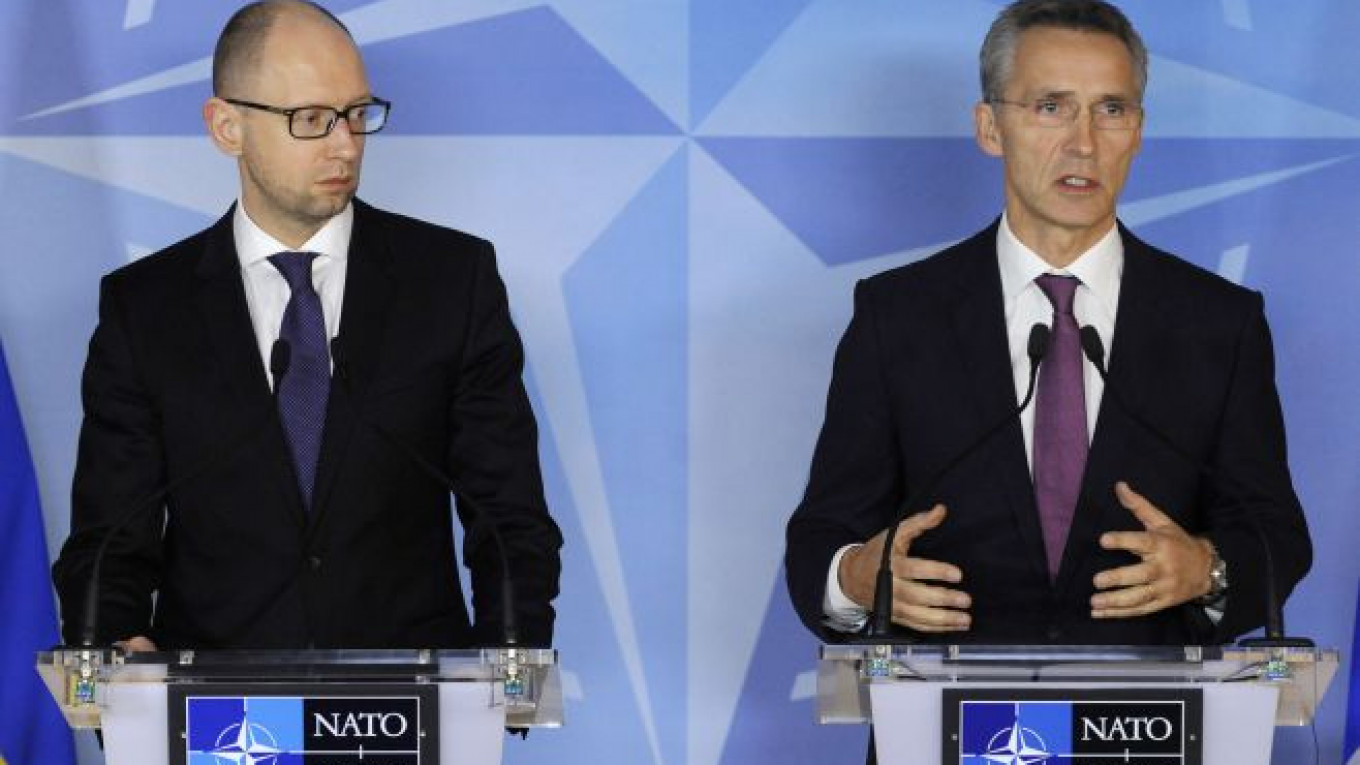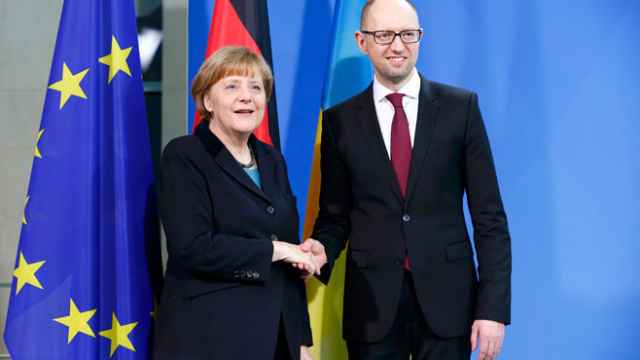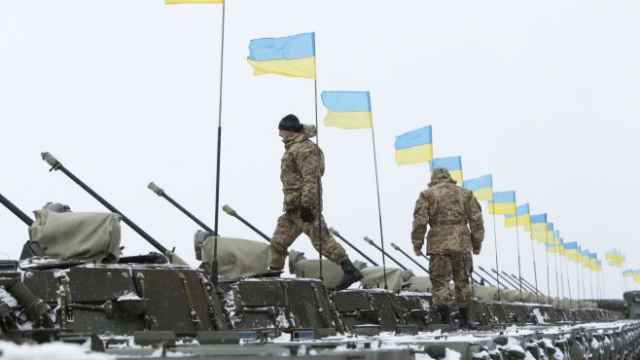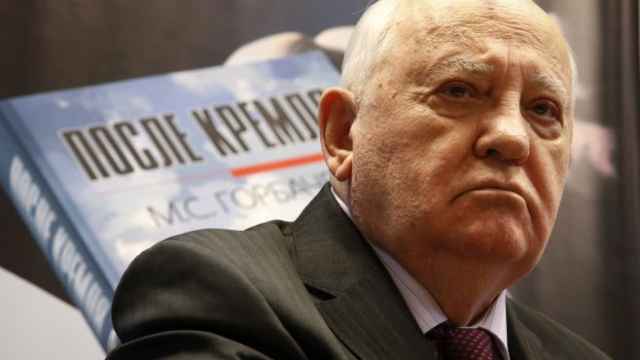Fighting between Kiev's forces and pro-Russian rebels has eased in eastern Ukraine, NATO Secretary General Jens Stoltenberg was quoted on Monday as saying, although he voiced concern about the risks to local people.
"We have noticed that there are still Russian military personnel on eastern Ukraine territory that support the separatists," Stoltenberg told German newspaper Die Welt according to interview excerpts released in advance.
"But we also observe that there are fewer clashes recently," he said. "Fighting continues in parts, but there are signs of a slight improvement."
Stoltenberg warned however that the overall situation in eastern Ukraine was still unstable and difficult. "The humanitarian conditions in the region still remain very worrying," he said.
More than 4,700 people have been killed since last April in the conflict, which has provoked the worst crisis in relations between Russia and the West since the Cold War.
German Foreign Minister Frank-Walter Steinmeier hosts his counterparts from France, Russia and Ukraine on Monday in Berlin to discuss the progress on the Minsk peace plan and assess whether there is enough common ground for a four-way summit.
Ukrainian President Petro Poroshenko has invited the leaders of France, Germany and Russia to talks in Kazakhstan's capital Astana later in the month in an attempt to restore peace.
However, German Chancellor Angela Merkel told President Vladimir Putin on Saturday that such a four-way summit would not take place until there was progress on issues such as a cease-fire and security zones along the border.
Last Thursday, Merkel made clear that all 12 points in the Minsk peace plan had to be fully implemented before the EU could consider easing sanctions against Russia.
A Message from The Moscow Times:
Dear readers,
We are facing unprecedented challenges. Russia's Prosecutor General's Office has designated The Moscow Times as an "undesirable" organization, criminalizing our work and putting our staff at risk of prosecution. This follows our earlier unjust labeling as a "foreign agent."
These actions are direct attempts to silence independent journalism in Russia. The authorities claim our work "discredits the decisions of the Russian leadership." We see things differently: we strive to provide accurate, unbiased reporting on Russia.
We, the journalists of The Moscow Times, refuse to be silenced. But to continue our work, we need your help.
Your support, no matter how small, makes a world of difference. If you can, please support us monthly starting from just $2. It's quick to set up, and every contribution makes a significant impact.
By supporting The Moscow Times, you're defending open, independent journalism in the face of repression. Thank you for standing with us.
Remind me later.






